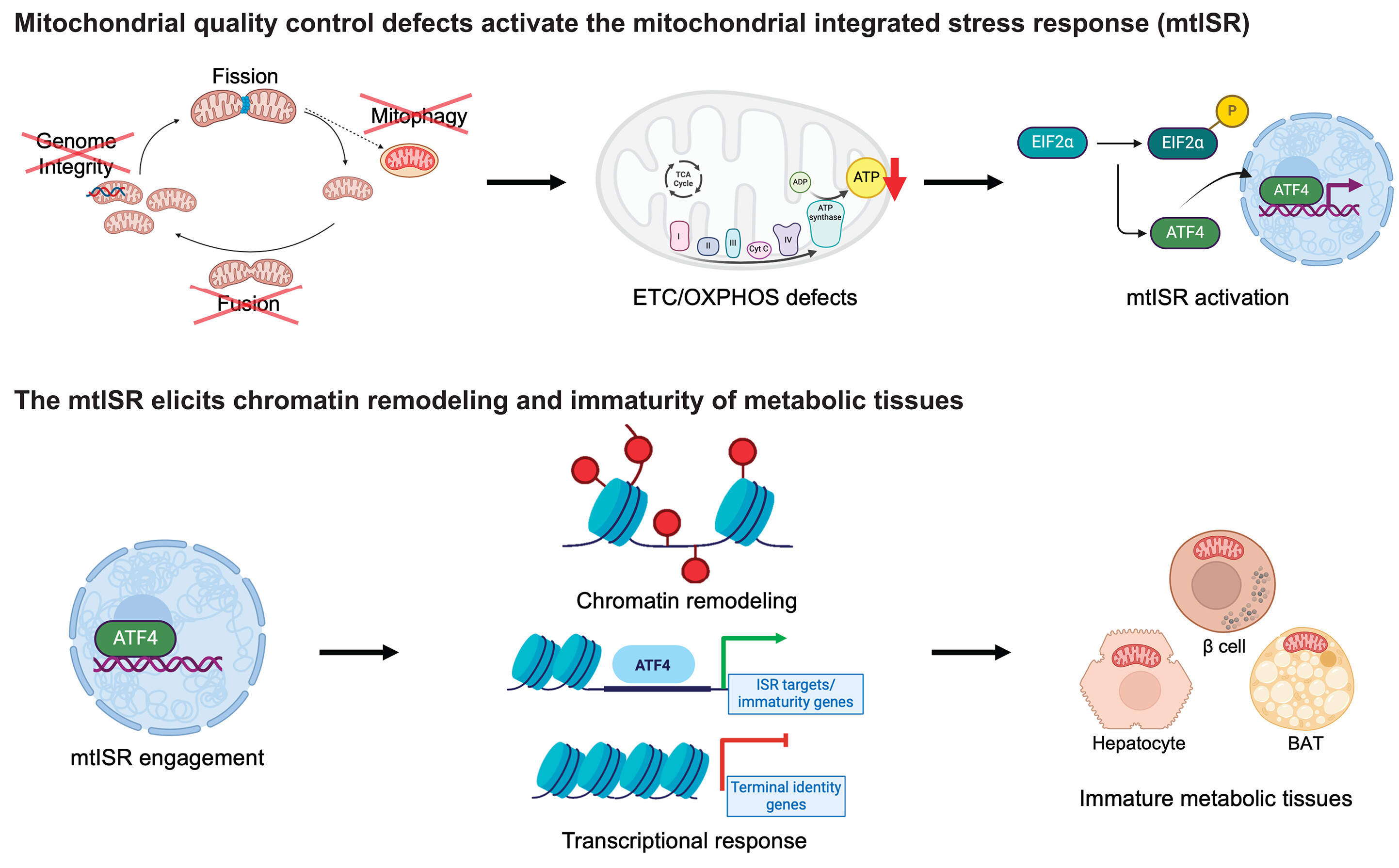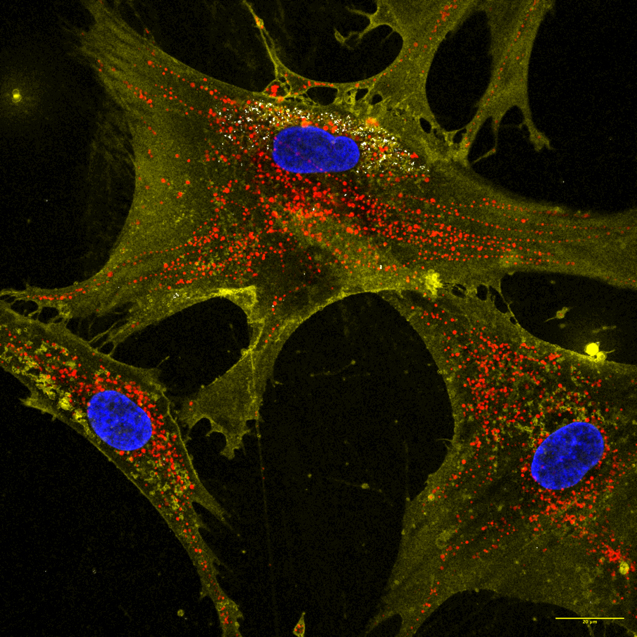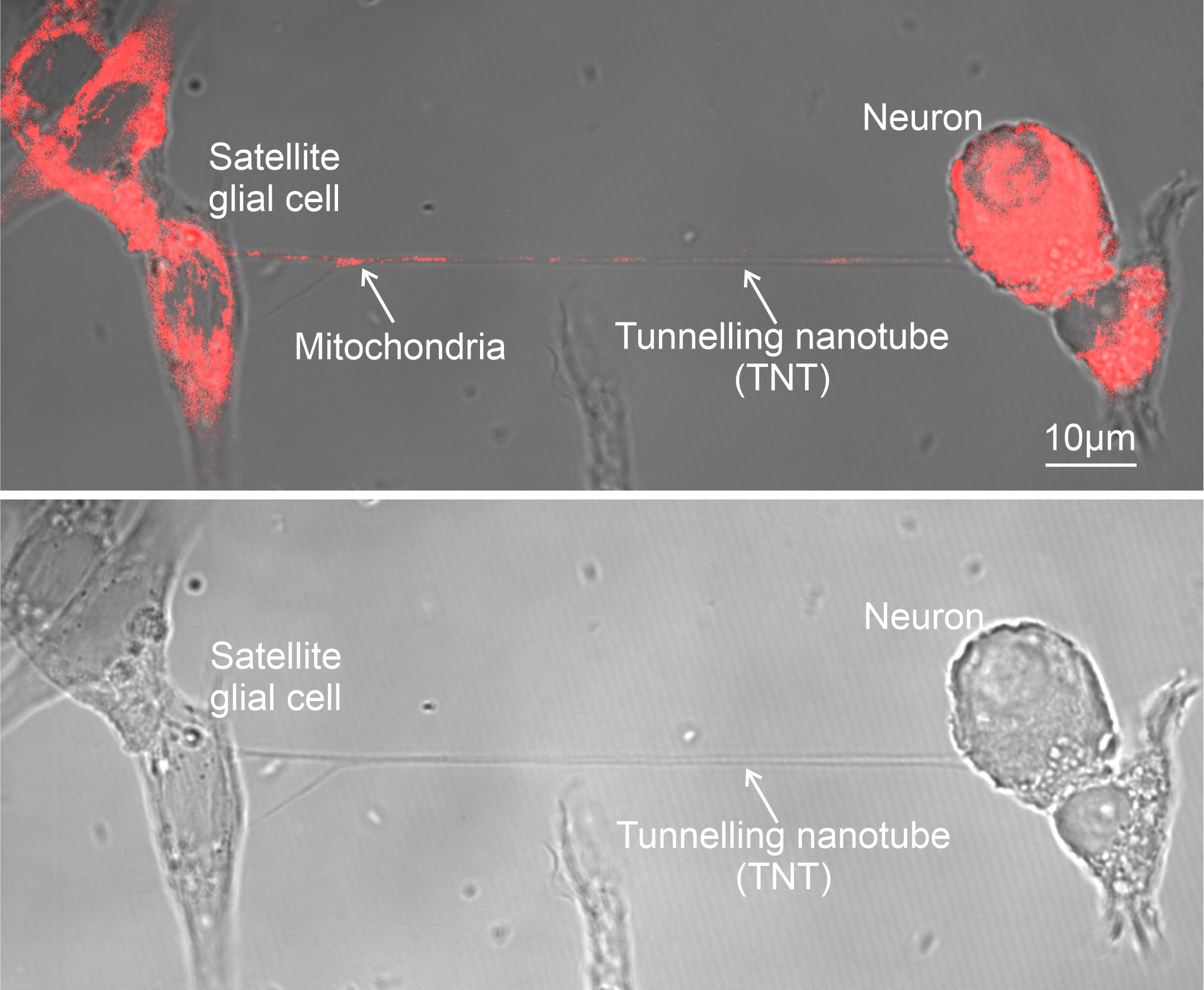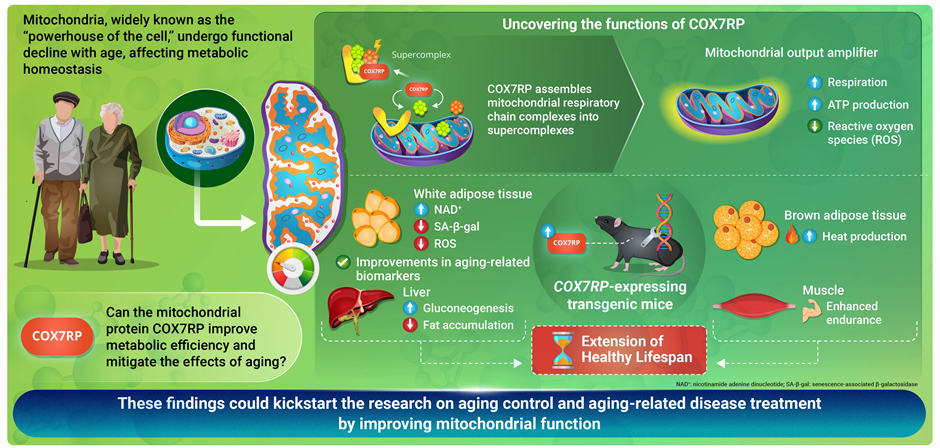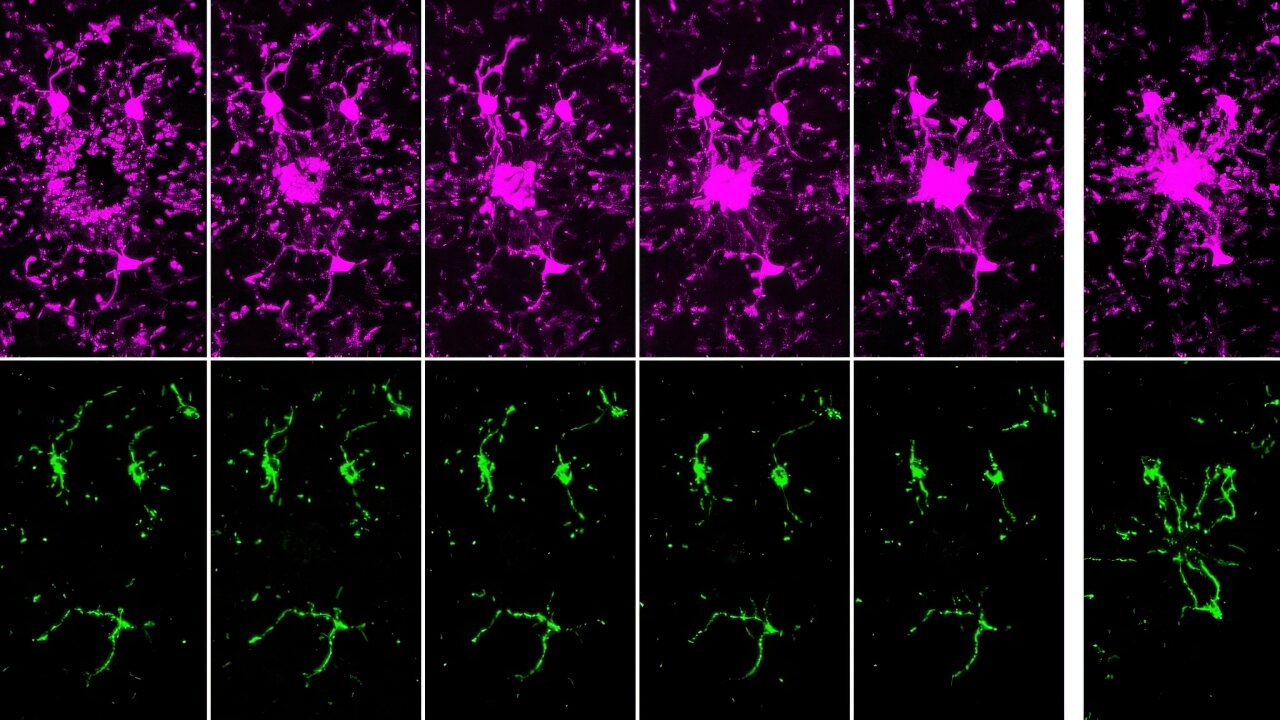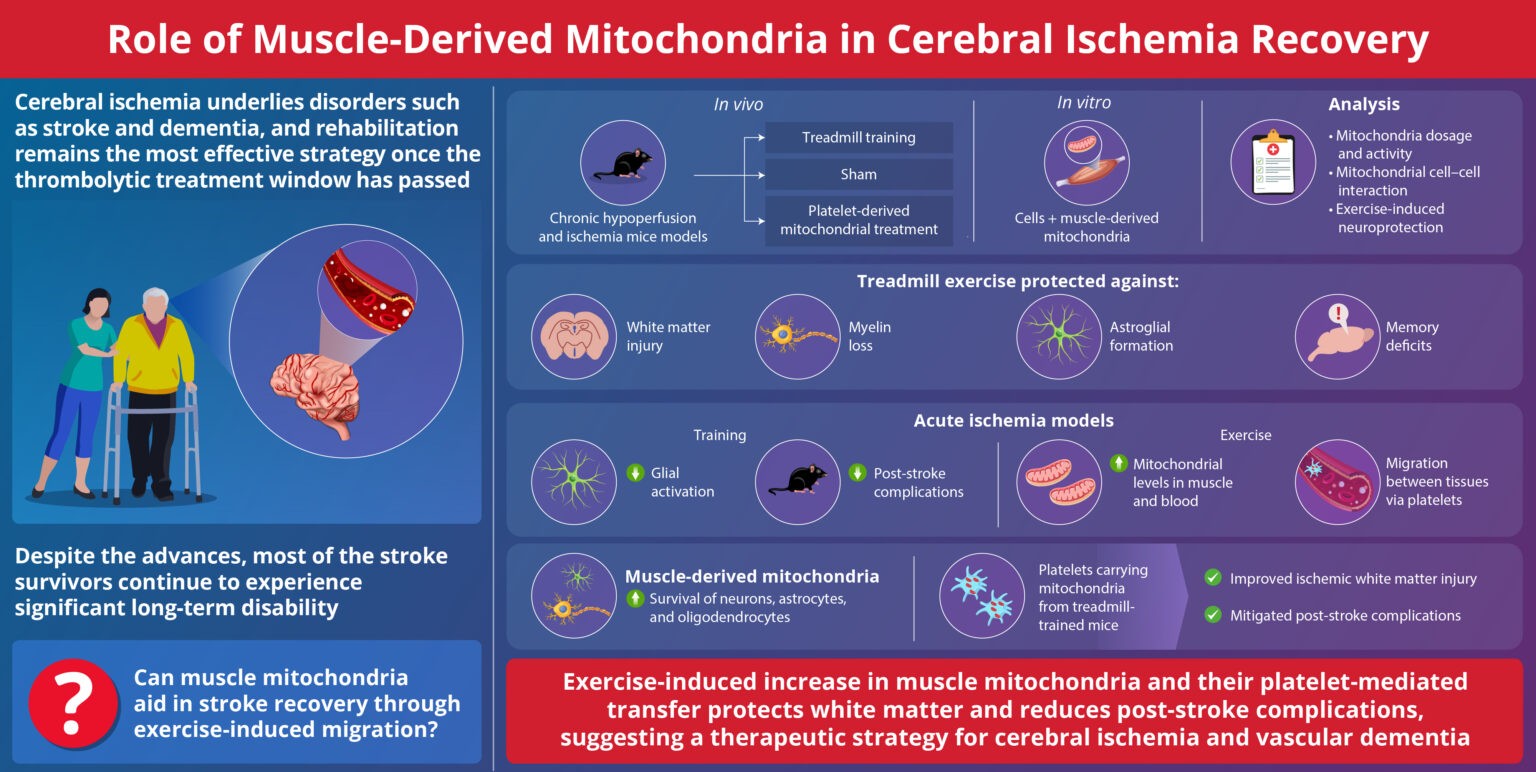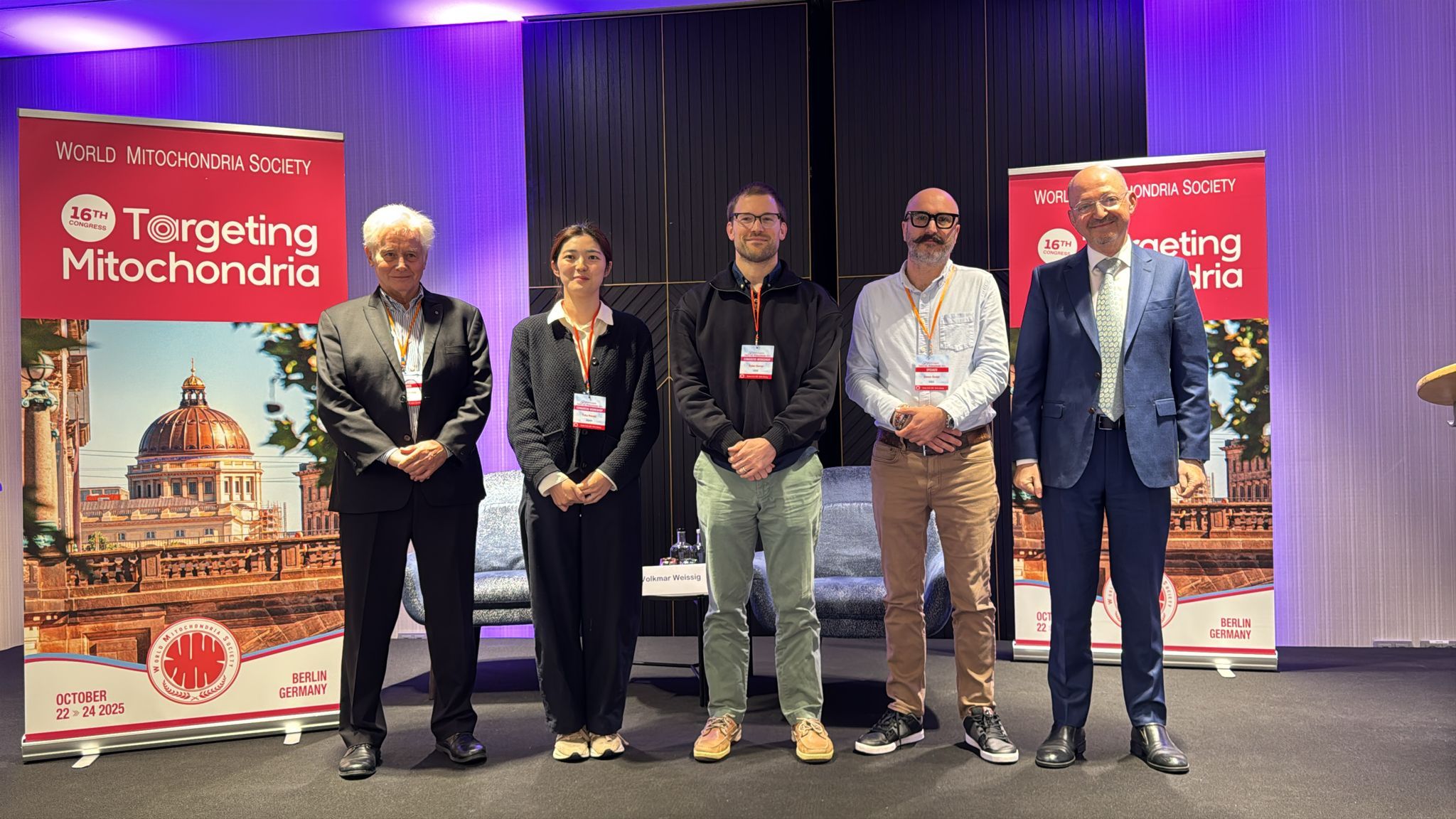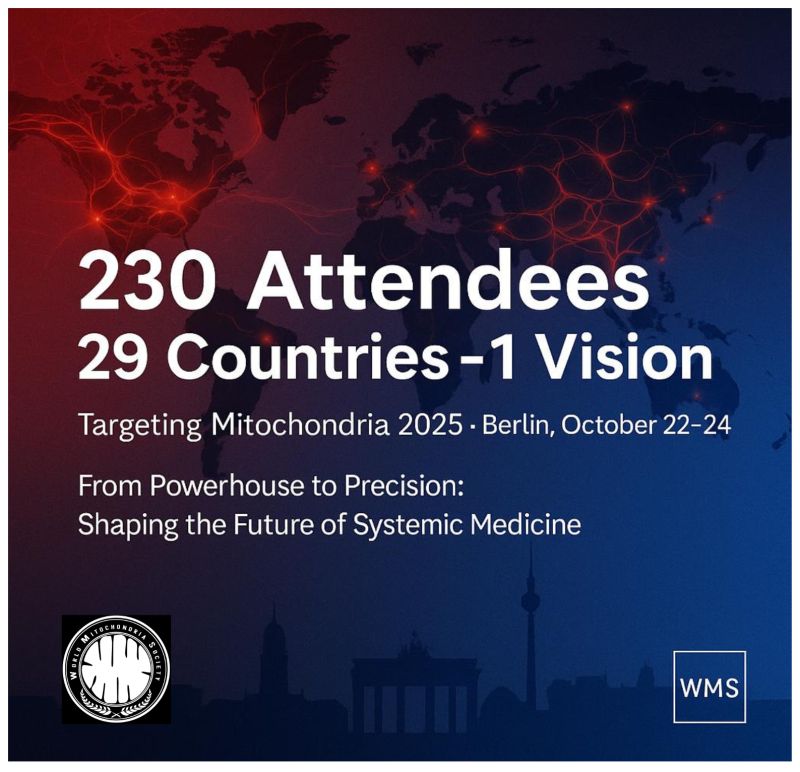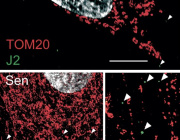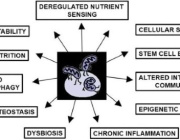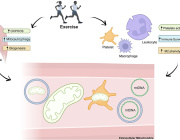Mitochondrial reactive oxygen species in heart failure
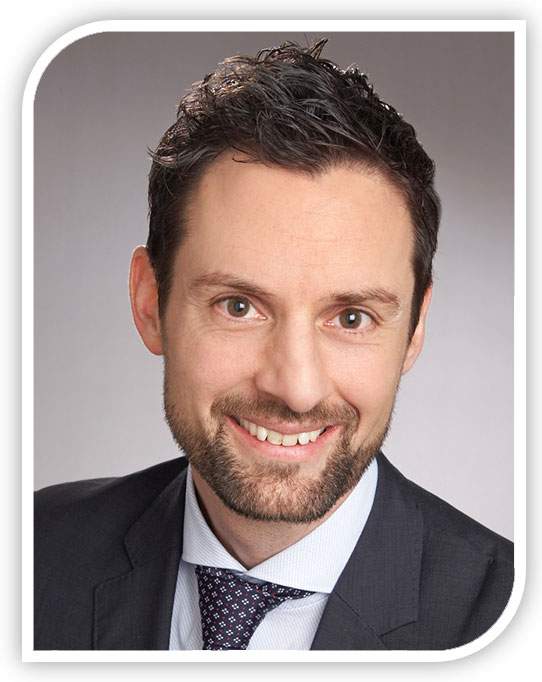 Prof. Christoph Maack from University Hospital Würzburg, Germany will join the Targeting Mitochondria 2019 Congress and present his research work entitled "Mitochondrial reactive oxygen species in heart failure".
Prof. Christoph Maack from University Hospital Würzburg, Germany will join the Targeting Mitochondria 2019 Congress and present his research work entitled "Mitochondrial reactive oxygen species in heart failure".
The heart consumes large amounts of energy through the processes of excitation-contraction (EC) coupling in cardiac myocytes. To match energy supply to demand, mitochondria take up Ca2+ via the Ca2+ uniporter (MCU), where Ca2+stimulates rate-limiting enzymes of the Krebs cycle. The main products of the Krebs cycle, NADH and FADH2, donate electrons to the electron transport chain (ETC) to build up the mitochondrial membrane potential (DYm) that is the driving force for ATP production. Furthermore, Ca2+-induced Krebs cycle stimulation also regenerates NADPH for the antioxidative capacity of the mitochondrial matrix.
Prof. Maack will highlight exactly what we obserse in heart failure during the Targeting Mitochondria Congress.
For more information about Targeting Mitochondria 2019: www.targeting-mitochondria.com









